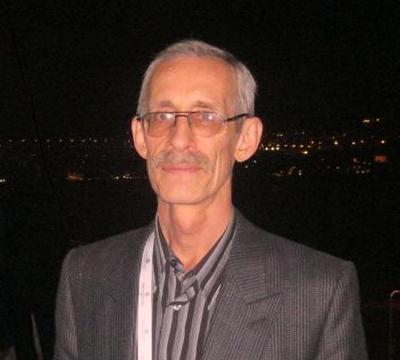Russia's approach amounts to propping up dictators no matter how ruthless or bloodthirsty, as long as they acknowledge Moscow's interests. The nicest of the lot, Kyrgyzstan's ex-president Askar Akayev, was overthrown in the US-inspired 2005 coup, which the US now surely regrets, leaving one tolerable one -- Nursultan Nazarbayev in Kazakhstan, with Tajikistan, Uzbekistan and Turkmenistan frozen in a very nasty timewarp.
Can Russia act as "an agent of change, as a force for genuine modernisation, cautiously nudging the local authoritarian regimes to transform, democratise and broaden their socio-political base?" asks Igor Torbakov of the Finnish Institute of International Affairs. If Russia keeps referring to this crisis as merely an "internal conflict," it risks losing face, prestige and the right to claim the leading role in the post-Soviet Eurasia.
Recent weeks have witnessed several other signs of a Russian retreat in foreign policy. It failed to respond to the Brazil-Turkey proposal to defuse the Iranian crisis, voted for sanctions, and cancelled the S-300 missile deal with Iran, admitting to US pressure.
The Arabs have a saying about the rascal who kills the victim and then goes to his funeral. US involvement in Kyrgyz affairs exemplifies this well: destabilise the state and now, like former US ambassador to Russia James Collins and Carnegie Russia and Eurasia Programme deputy director Matthew Rojansky, call for NATO and the US to "immediately engage with regional partners to help restore security." There are no lines to read between here: NATO should expand even further eastward through its Partners for Peace. Collins/Rojansky magnanimously acknowledge that this is "a responsibility NATO must share with the CSTO and the OSCE". They blandly call for "the United States and Russia to put aside outdated stereotypes and focus on their fundamentally shared interests in Eurasian security".
Considering the disarray of the Collective Security Treaty Organisation (CSTO), it is hard to fault the US for using this window of opportunity to move further into the region. This crisis has shown that the CSTO is not a serious regional organisation. The squabbling and suspicious "stan" dictators, Russia, and China have little in common other than their proximity. The CSTO's response, according to its General Secretary Nikolai Burdyuzha, is to send "specialists who know how to plan and organise an operation to prevent mass disorder, which would unmask its instigators and localise bandit groups who provoke the situation."
Is the OSCE an intermediate option, with its 56 member states, including both NATO and CSTO members? Hardly. Russia is the main actor here, with the other Central Asian states also having a pressing need to try to salvage a viable statelet from this tragedy. The NATO quagmire in Afghanistan needs no farcical replay. So the Collins/Rojansky call is really just a call for NATO expansion, pure and simple.
Another possibility is for Turkey to step in. Kyrgyz and Kazakh are both Turkic peoples, whose languages are mutually intelligible. Kyrgyz territory was, in the khanate past, once one with that of the Kazakhs -- the entire region was known as Turkestan. During a visit to Kazakhstan this week, Turkish Foreign Minister Ahmet Davutoglu and the Kazakh president supported Kyrgyz plans to proceed with the referendum next Sunday. Davutoglu said, "Immediately after the referendum, we plan together with Kazakhstan to prepare joint actions to show our assistance to Kyrgyzstan."
If all else fails, there is China, though its presence is problematic, given its suppression of the Uighurs across the border in Xinjiang. But Beijing's self-confidence and massive economy inevitably give it an outsize influence, especially if Russia and the West continue to flounder.
(Note: You can view every article as one long page if you sign up as an Advocate Member, or higher).





